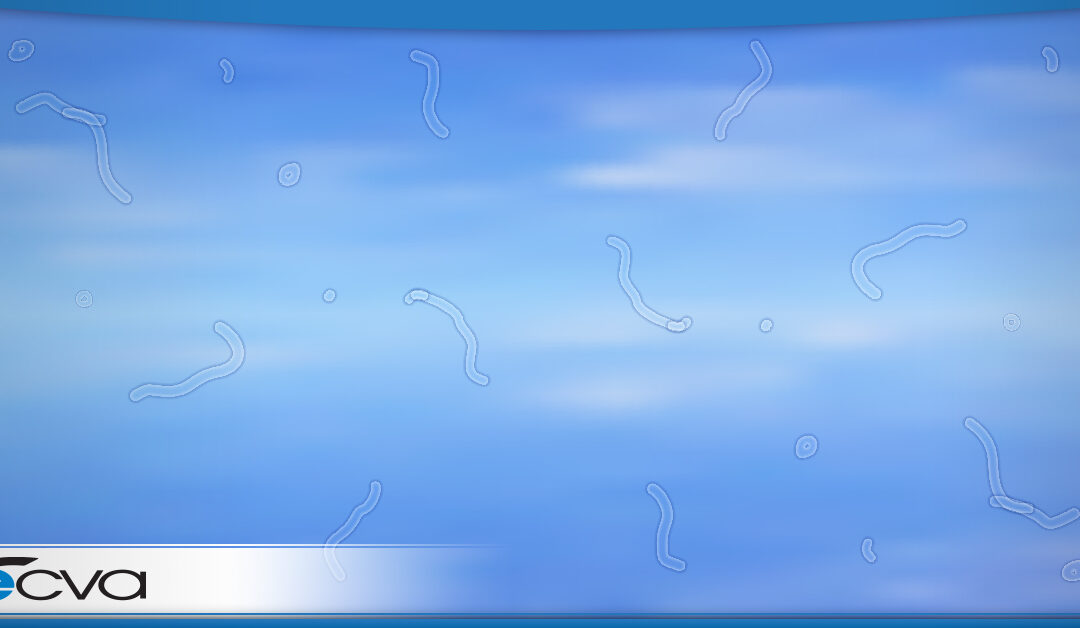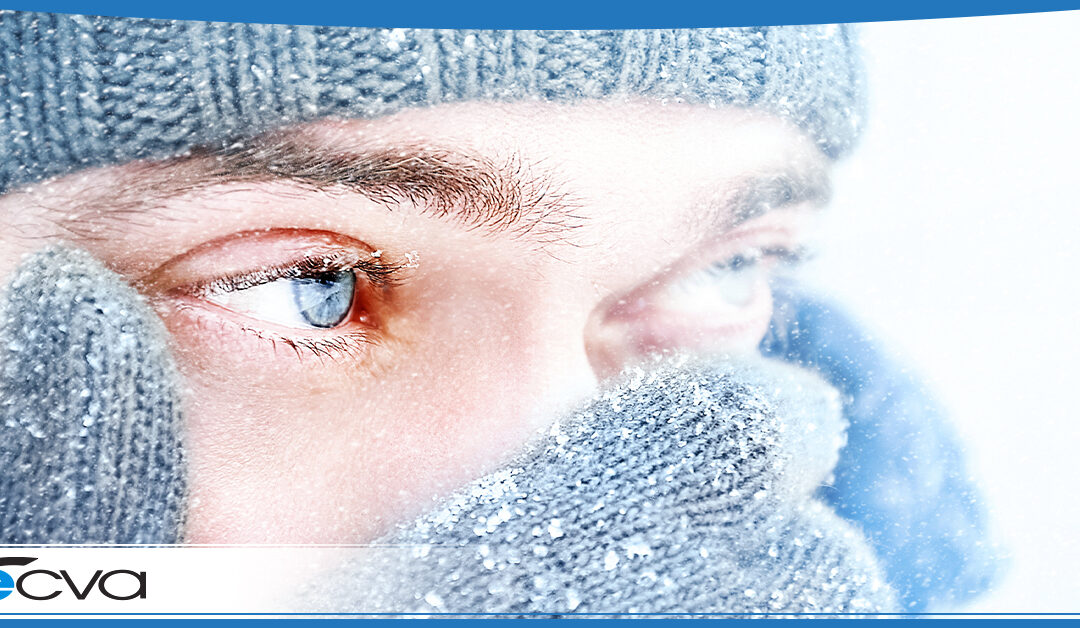
by ecvaeyeadminz | Sep 18, 2024 | Eye Health
Our eyes are our windows to the world, yet with so much conflicting information out there, it’s easy to feel uncertain about what truly affects their health. From the impact of screen time to the necessity of regular check-ups, understanding how to care for your...

by ecvaeyeadminz | Aug 27, 2021 | Eye Health
Seeing spider webs across your vision can be concerning or at least momentarily distracting. However, some of the worry is often based on not knowing what’s causing the spider webs and whether they are indicative of a serious condition. If you wonder what...

by ecvaeyeadminz | Dec 9, 2020 | Eye Health
The cornea is the thin, transparent outer layer of the eye that extends over the iris and pupil. Since it’s on the surface of the eye, it can sustain a direct injury. Corneal abrasions – or scratches on the cornea – can vary in severity. At times,...

by ecvaeyeadminz | Nov 20, 2020 | Eye Health
When the temperature drops, it’s essential to adjust your eye care routine. Dry heat, UV light, and outdoor activities can increase certain risks. As a result, you need to make sure you care for your eyes correctly. Luckily, it’s easy to adjust your...

by ecvaeyeadminz | Nov 20, 2020 | Eye Health
When the temperature drops, it’s essential to adjust your eye care routine. Dry heat, UV light, and outdoor activities can increase certain risks. As a result, you need to make sure you care for your eyes correctly. Luckily, it’s easy to adjust your...






